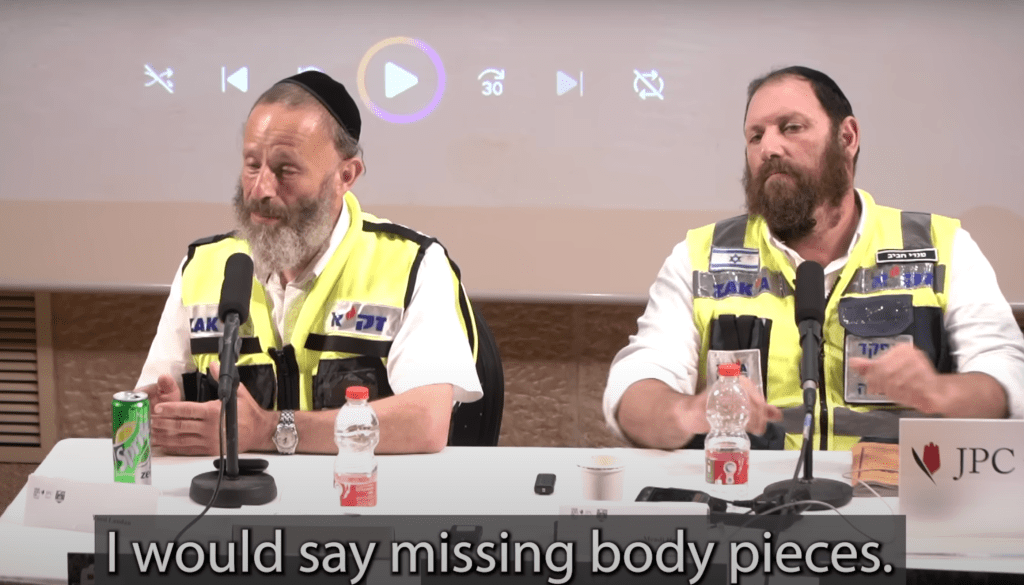- Joined
- 1 Apr 2016
- Messages
- 13,607
- Reaction score
- 552
- Country

New York Times Gaza writer has no journalism experience and boosted call to slaughter Palestinians: "violate any norm"
The New York Times is reportedly "cutting ties" with Anat Schwartz [twitter.com], who co-authored an October front-page item detailing alleged mass rapes by Hamas terrorists during its attack on Israel. It turns out that Schwartz was an IDF intelligence officer, has no prior journalism experience, liked a social media post calling for Palestinians to be slaughtered [imgur.com], and that The Daily, The New York Times' key podcast, found the story too poorly-sourced to use in an episode.
Extraordinary charges of bias emerge against NYTimes reporter Anat Schwartz
New doubts are emerging about the New York Times’s coverage of sexual violence in the October 7 attack. The paper must explain why it broke its own rules by hiring a clearly biased writer who endorsed racist and violent rhetoric toward Palestinians.
 mondoweiss.net
mondoweiss.net
Extraordinary charges of bias emerge against NYTimes reporter Anat Schwartz
New doubts are emerging about the New York Times’s coverage of sexual violence in the October 7 attack. The paper must explain why it broke its own rules by hiring a clearly biased writer who endorsed racist and violent rhetoric toward Palestinians.
Independent researchers scrutinized the online record, and raised serious questions about Schwartz. First, she has apparently never been a reporter but is actually a filmmaker, who the Times suddenly hired in October. You would expect the paper to look for someone with actual journalistic experience, especially for a story as sensitive as this one, written during the fog of war. Surely the paper had enough of its own correspondents on staff who could have been assigned to it.
There’s another related example of how the Times has botched the sexual violence story. One of the first Israeli organizations that arrived on the scene of the Hamas attack was Zaka, a volunteer group that recovers dead bodies. On January 15, Times reporter Sheena Frankel wrote a positive profile of the group; she included 3 or 4 sentences of criticism, only to quickly dismiss them. This site had already raised serious doubts about Zaka weeks earlier, pointing out that “the organization’s volunteers have systematically given false testimonies, and continue repeating them to journalists on behalf of the Israel government.” Then, on January 31, the Israeli daily Haaretz published a long investigation, that highlighted “cases of negligence, misinformation and a fundraising campaign that used the dead as props.” Haaretz cited one Zaka report that said a volunteer had seen a murdered pregnant woman, with the baby still attached by the umbilical cord — before concluding that the incident “simply didn’t happen.”
Last edited:

